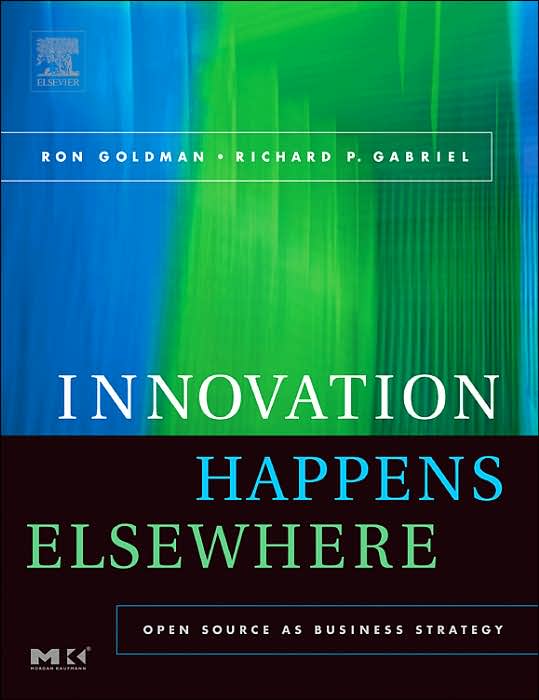|
Previous Table of Contents Up Next More on Copyright ...The author of a piece of software owns the copyright to the code and therefore the right to choose the terms of the license. The copyright owner may license the code to one group under one set of terms and to another group under a different set of terms. For example, the main product of the company Trolltech AS is the Qt library, a toolkit for building graphical user interfaces for applications. Trolltech makes the Qt library available under two very different licenses: the Q Public License (QPL) for use in noncommercial software1 (used by the KDE open-source project in its work to build a graphical desktop for Linux) and the Professional License for companies wishing to build a commercial product using the Qt library. The QPL version is free. The Professional License version is a commercial product that must be purchased. Because the copyright holder determines the license terms, there can be a problem if there are multiple copyright owners. People who make changes or additions to the original source code become the copyright owners for the code they have written, even if it is just one line. When these changes are contributed back to the open-source project, their authors usually license them under the same terms as the original source code; indeed, many of the open-source licenses require this. Many open-source projects will not accept a contribution unless it is released under the same license as the original code--having various pieces of the source code under different, possibly incompatible, licenses would be too confusing and difficult. A further problem arises if a project decides that it wants to change the license being used. For example, the Mozilla project is in the process of changing from the MPL to a triple licensing of the source code under either MPL, GPL, or LGPL. However, to make this happen, every person who has contributed any source code, and hence owns the copyright to it, must agree to the change. Just tracking down all of the copyright holders can be a major task, let alone getting them to agree to the proposed licensing changes. Because of this, some open-source projects request, or even demand, that contributors also assign their copyright to either the original author of the code or some agreed-on third party, such as the Free Software Foundation.
|
|||
|
|


